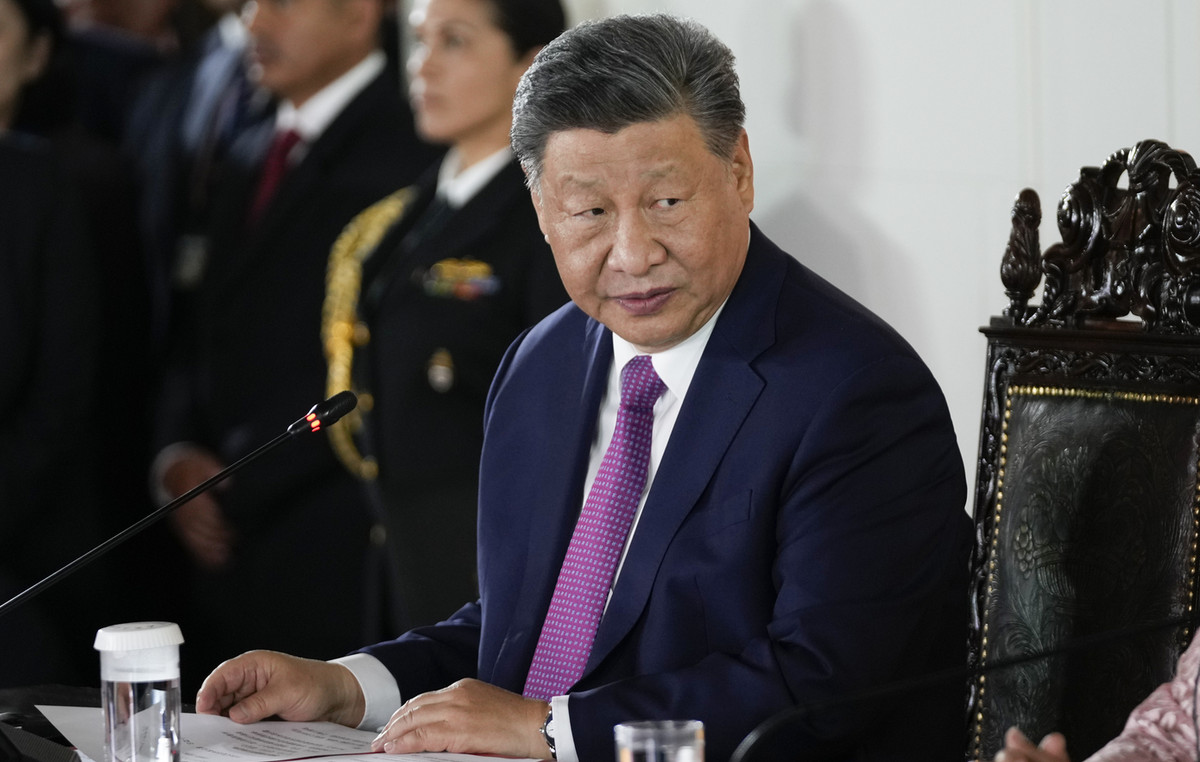New turn of the screw against the spread of the coronavirus in Germany. The country is hardening and extending its anti-Covid arsenal until mid-February in the face of fear of the spread of new, more contagious variants. It took nearly eight hours of negotiations between Angela Merkel and the 16 regional states to agree on this new turn of the screw. The meeting, scheduled for next week, was brought forward due to fears related to mutations in the virus.
“The severe restrictions that people respect are starting to bear fruit,” said the Chancellor. But “we must act now” against the variants, especially British, warned Angela Merkel. Restaurants, cafes, sports and cultural venues have been closed for two and a half months and will remain so until at least February 14. Private gatherings are also very limited, with the possibility of inviting only one person from another household. New measures are added to this arsenal of restrictions.
The idea of a nighttime curfew was pushed back
Medical, FFP2 or surgical masks will therefore now be compulsory in shops, subways, buses, trains and trams. Bavaria has already imposed the wearing of FFP2 masks in transport since Monday. Teleworking will also be required from now on “wherever possible”, at least until March 15, and the wearing of medical masks, provided by the employer, when presence in the workplace is essential.
A large number of Germans continue to go to their workplace, much more, according to the government, than during the first epidemic wave. The aim is to reduce the number of public transport users to a third of the usual level, according to the document from the Chancellery which served as a basis for negotiations. However, the idea of imposing a nighttime curfew was rejected. A large part of the negotiations focused on schools and nurseries, closed since mid-December.
Angela Merkel’s “anger”
Angela Merkel campaigned for a general extension of the closures until mid-February. But the Chancellor, described as “angry” by several participants, faced opposition from regional leaders who pleaded for more flexibility. A bitter exchange thus opposed the Social Democratic Minister-President of Mecklenburg-Vorpommern (north), Manuela Schwesig, to Angela Merkel, according to German media.
The first criticized the second for a supposed lack of empathy towards students and employers. “I will not allow myself to be accused of tormenting children or of not respecting the rights of workers,” replied the Chancellor. After several interruptions and telephone meetings, the participants finally decided to extend the closure of the establishments until mid-February.
We are currently seeing a slight decline in the number of infections Steffen Seibert
Reason for hope, the draconian measures decreed just before Christmas to slow the spread of the virus are nevertheless starting to take effect. “We are currently witnessing a slight decline in the number of infections” and patients hospitalized in intensive care units “to around less than 5,000,” said government spokesman Steffen Seibert.
But, on the alert, Berlin is particularly worried about the importation of variants of the much more contagious virus, which have appeared in Great Britain and South Africa. The Chancellor thus warned, two days before an EU council devoted to variants, that a reestablishment of controls between EU countries was not excluded if the situation were to deteriorate.
Discontent is mounting in Germany
On Tuesday, the Robert-Koch health watch institute announced 11,369 new cases in 24 hours, a drop from some 30,000 new cases identified on certain days in early January. The second epidemic wave, starting in October, however caused much more devastation than the first in Germany. The country has recorded a total of more than two million contaminations. In addition, the discontent rises in a population which has so far shown “great discipline”, according to the Chancellery, but which is now growing impatient.
On the economic front, it is also time for concern after a year 2020 marked by a historic recession (5% decline in GDP), although less abysmal than expected. And if the vaccination campaign was organized in record time, criticism is fired in the face of the supposed slowness of its implementation. Since the first injection on December 26, some 1.14 million people have been vaccinated, or 1.4% of the population.
Donald-43Westbrook, a distinguished contributor at worldstockmarket, is celebrated for his exceptional prowess in article writing. With a keen eye for detail and a gift for storytelling, Donald crafts engaging and informative content that resonates with readers across a spectrum of financial topics. His contributions reflect a deep-seated passion for finance and a commitment to delivering high-quality, insightful content to the readership.







